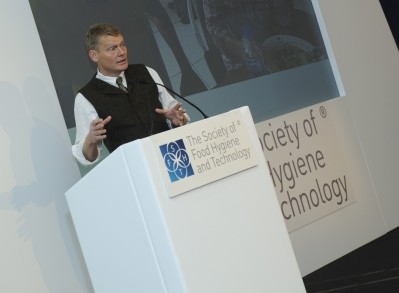Future of gene-editing hangs in the balance

If the report, expected later this month, rules that gene-edited crops are effectively a form of GM, it would be a big setback for a technique that has made major advances in recent years.
Speaking at last month’s Westminster Food & Nutrition Forum seminar in London, Professor Peter Gregory, chair of the Advisory Committee on Novel Foods and Processes, said if gene-edited food was considered GM, it would fall under the novel foods regulation.
'Political matter as much as a scientific matter'
He also suggested that much of the furore around GM food had made gene-edited food “a political matter as much as a scientific matter”. Therefore, he suspected that politicians would not want them to be considered “naturally-bred products”. Gregory added: “Almost inevitably, that will mean they fall under the novel foods regulations.”
However, Soil Association policy director Peter Melchett told the seminar that he believed the new gene editing technologies “clearly fell” within the definition of GMOs, under current European legislation.
“I think if there was a change in the law, or if people try and get round it, then it’ll be subject to a legal challenge. Gene-editing is GM, as defined by the European regulation,” claimed Melchett.
Gene from another species
The process of gene-editing involves either deleting or repairing genes in a crop or foodstuff, or inserting a new gene from another species. Examples in agriculture include a recent attempt by the Norfolk-based John Innes Centre to create a strain of barley that can make its own ammonium fertiliser from nitrogen in the soil.
When pressed on the impending report, Gregory said “characterising technologies is not likely to provide a useful way forward”.
Rather than come up with a whole raft of regulations for a particular technology, which could change within five to 10 years, Gregory suggested it would be better to look at the end product for which the technology was used, as happens in the US.
Gregory also noted the great speed at which GM technology was developing.















